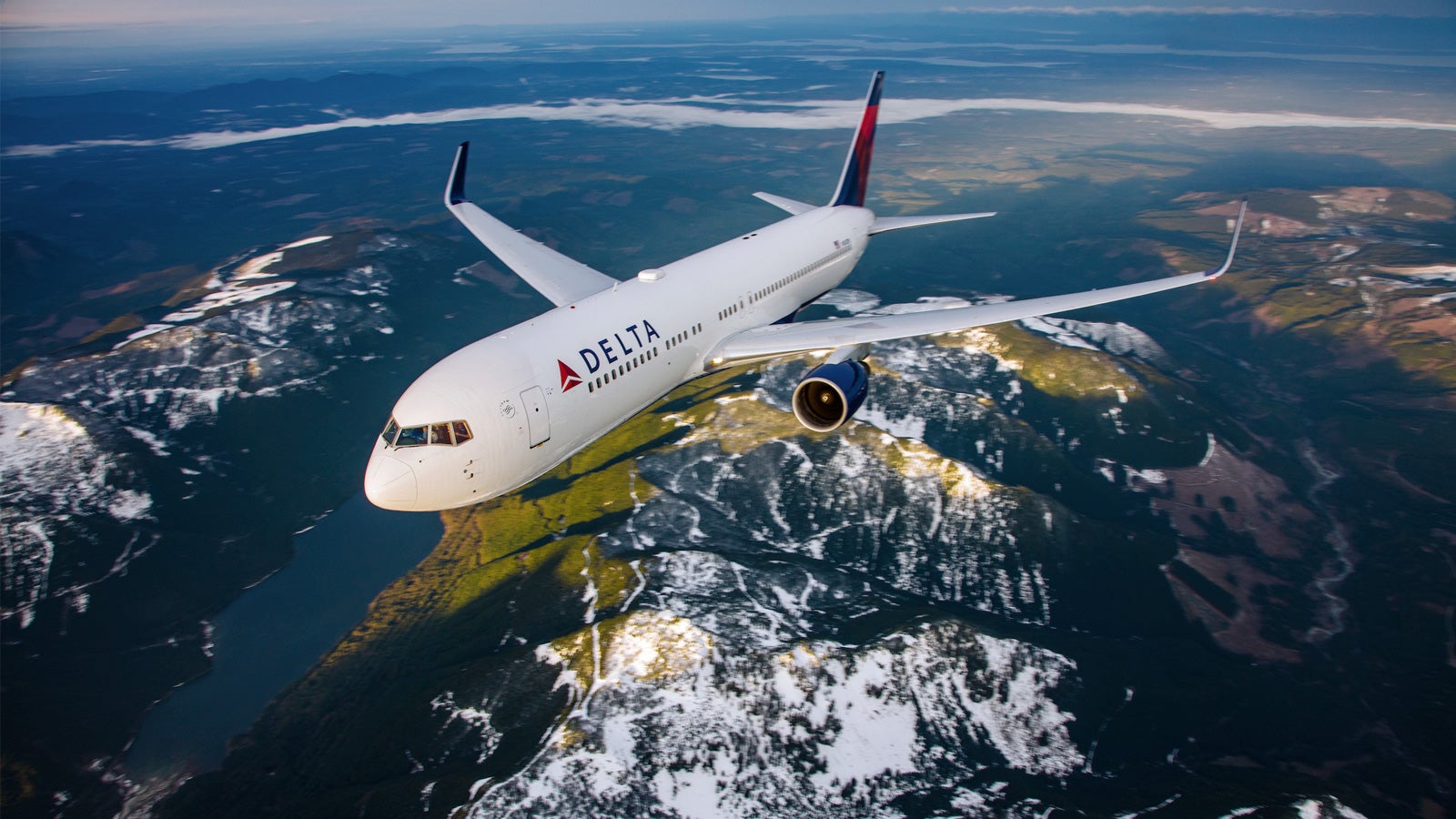Delta Air Lines has revealed that it wants 20 percent of flights to be priced using AI by the end of the year, up from three percent presently.
Ultimately, it wants all flights to be ticketed using artificial intelligence.
What does this mean for passengers?
We asked financial and travel experts, from a frequent flier to a former Walmart and Amazon pricing analyst, for their take on what the move will mean for prices and consumer trust in Delta.
And one thing is clear. It’s a hot debate.
Here we explain how AI pricing works, plus the good, the bad and the potentially ugly of the system, including why business-class passengers, in particular, should be concerned.
How will Delta’s AI pricing work?

Think of AI pricing as taking dynamic pricing, which is already around, to the next level.
Sean Cudahy from The Points Guy explains: “We’ve all searched a flight, found a price, and come back the next day to see that it’s spiked by $100. Or, maybe, you got lucky and it dropped by $50. Expect more of that.
“Delta says its AI pricing tool amounts to a ‘super-analyst’ working around the clock. Expect that super analyst to constantly be calculating what it would take to get a passenger to book a seat, or what price point it could raise a fare to, to maximize profits without risking the seat going unsold.”
Delta’s system is supplied by Israeli start-up Fetcherr, which will set the fare and the number of seats offered at that fare for each shopper in near real time.
Nabeel Siddiqi, CEO at Price Perfect, likens it to the way merchants in markets of old would “read” a customer and charge based on what they think the customer could afford.
The pros for passengers
Gonzalo Vazquez, CEO Airlines AI Studio at Globant, applauds the move, telling The Independent that it “reflects a broader shift in the industry toward personalized pricing, using AI to better match fares to individual customer preferences and willingness to pay”.
He adds: “By moving away from rigid, legacy pricing structures, Delta is embracing a more modern and dynamic retail model that can benefit both the airline and the passenger.
“Airlines have long relied on outdated systems that…
Click Here to Read the Full Original Article at The Independent Travel…
